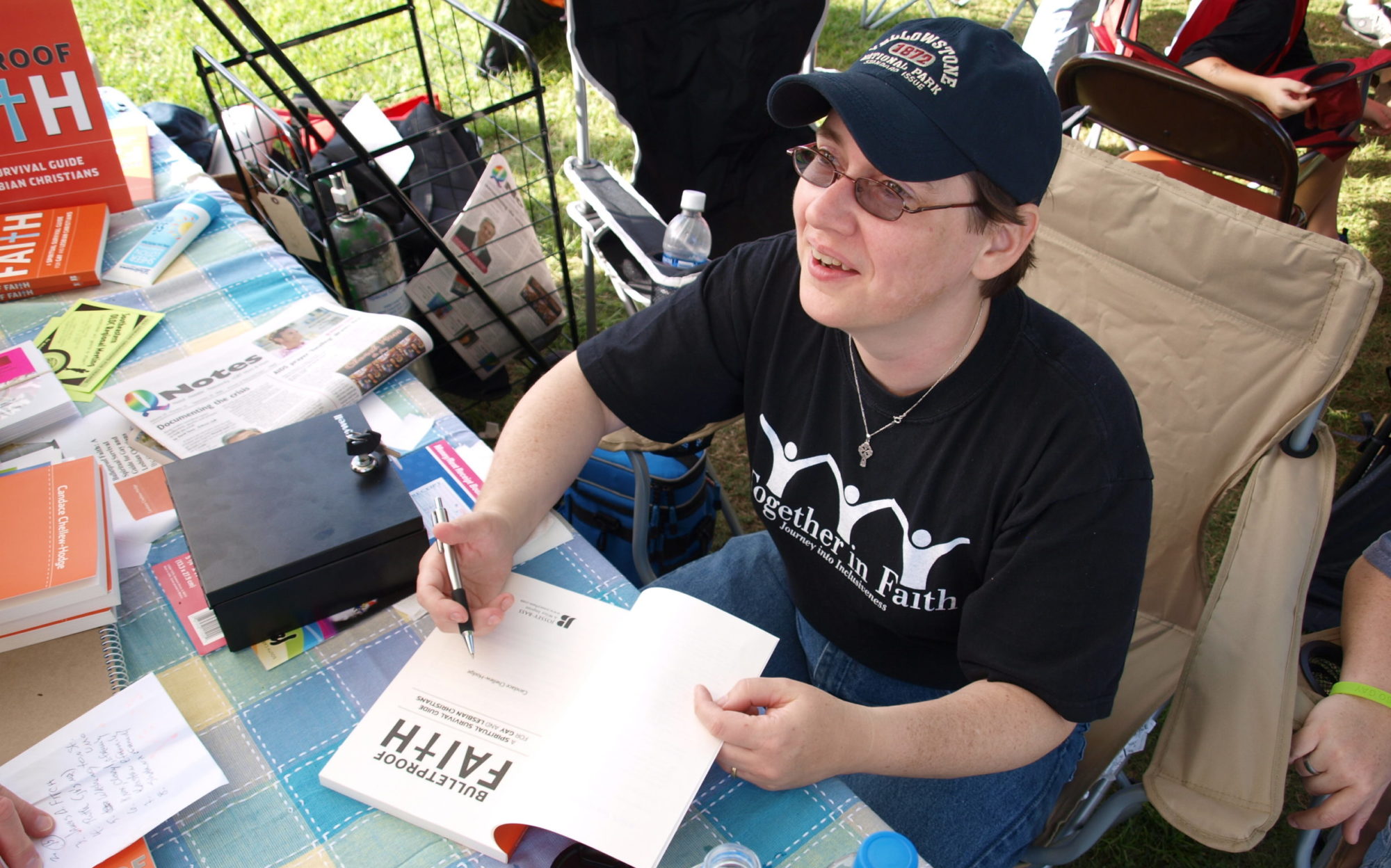Lesson 7: I see only the past.
If you’ve stuck with the workbook for the past six days, and not tossed it across the room with great force as I was tempted to do during the first time I dedicated myself to getting through the entire year of lessons, today is your payoff. The first six lessons are intentionally discombobulating because the ego likes order and it really likes having an agenda and a reason to do something. That agenda, of course, is usually self-serving, so it doesn’t care much for confusion. The ego likes clarity – mainly because it makes it easier to manipulate things, make excuses or find reasons to quit when the going gets confusing.
If you’re still with me then, your ego is confused and searching madly for something to hang its hat on. Today’s lesson seems to be that hat rack, but it’s also another maddening blow to the ego’s search for easy answers and clear understanding that it can twist to its own advantage. Be vigilant, though, because the ego will, of course, try to distort the message of today’s lesson – because it only sees the past and uses it to manipulate how we experience the present and subsequently what we create in the future.
Today, we understand more deeply why nothing we see or think means anything and why we’re never upset for the reasons we think we are. Everything in our world is tainted by time – the past, to be precise. We only know about cups, for example, from our prior experience with them – and we even judge which ones we like or dislike based on our past experience.
The Course is not asking us to forget how to use a cup, of course, but it is urging us toward what the Zen masters call a “beginner’s mind.” If we approach cups with a preconceived notion of their form and function, how likely are we to approach people, situations and challenges in our lives with the same pre-programmed ideas and responses? If we employ a “beginner’s mind,” we can see the cup, the person, the situation and challenges before us in a new light and open up new possibilities for them to show us something new for us to learn.
“For there are moments,” says the poet Rainer Maria Rilke, “when something new has entered into us, something unknown; our feelings grow mute in shy perplexity, everything in us withdraws, a stillness comes, and the new, which no one knows, stands in the midst of it and is silent.”
In that newness, we can release old grievances – old preconceived notions, judgments and opinions – and open ourselves to miracles, a change in perspective.
Hafiz gives us the opposite perspective on today’s lesson, ruminating not on how we allow the past to influence us, but the future as well.
If you
knew the end of your story,
nothing on any page –
not one of your dramas,
could bother you as much.
If you knew of the glorious end of your journey,
at least half of your attention could be lifted
from anything you now focus on that may cause you pain.
His hand is like that, when it is realized near,
it will always, always
turn your gaze
in the direction of more light.
It is the intention of this lesson, indeed all of the lessons of the Course, to assure you of the “glorious end of your journey” and serve as a guide to “turn your gaze in the direction of more light.”

